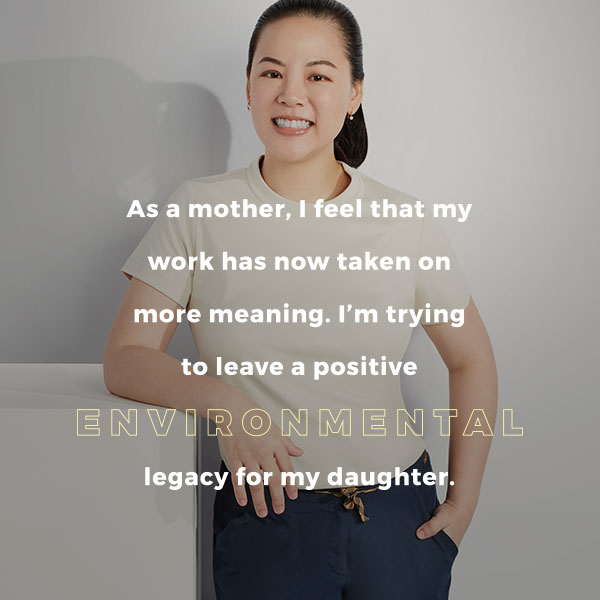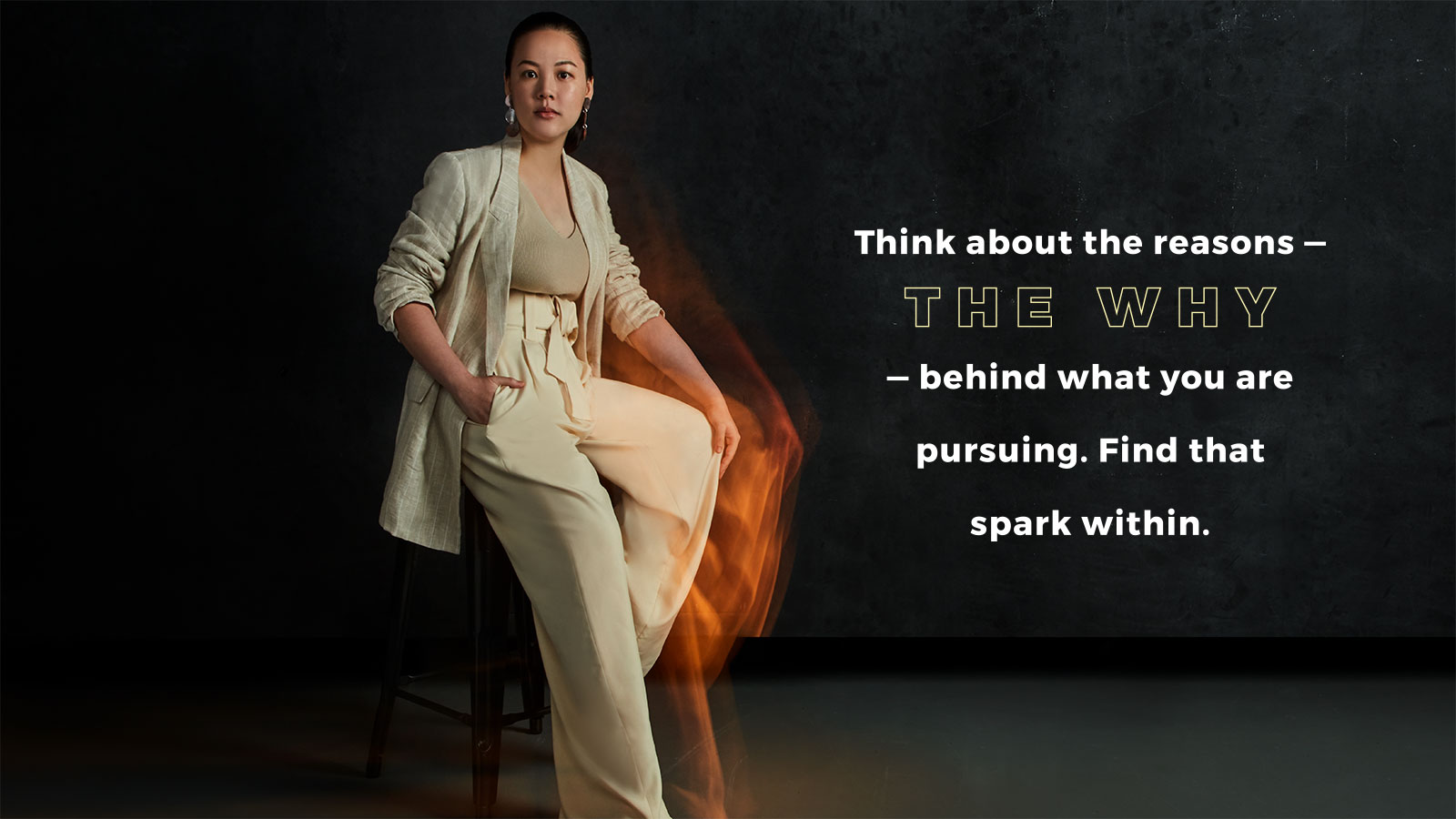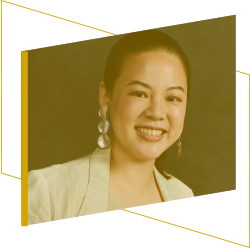SPARKING ‘ECO-LOGICAL’ THINKING
More than just research, what makes Mei Lin’s work gain such global attention is her focus on conservation, both among her academic peers as well as within the lay community at large. An educator at heart, she remembered having asked herself — as her first big study into the clams neared completion — “What can I do with a PhD in giant clams?”
“I remembered having this anxiety. It’s such a specialised topic. I had peers who studied broader topics, those with actual application,” Mei Lin, now a mother of a 6-month-old girl, recalls. She eventually found meaning in helping others understand the importance of conserving the clams — and the environment in general. “Sharing my research outcomes in journals and conferences isn’t enough. My work may be more accessible to the scientific community, but everyone else wouldn’t know about it. If they don’t know about my work, how can I get them to care about the giant clams? How can I get them to care about the environment?”
With this in mind, Mei Lin set out to do public outreach in Singapore, together with a community of enthusiastic and dedicated nature “warriors”, who are essentially volunteers (see sidebar). For instance, she co-founded community platform Celebrating Singapore Shores in 2018. “I see it as a form of citizen science, a merger between community and academia,” she says. “This had a huge positive impact in terms of opening up engagement with the public through science.”
Celebrating Singapore Shores is also keen on building the next generation of youth advocates for marine issues by developing a dedicated youth internship programme. More than 50 applicants signed up, and 20 active interns worked on various projects for the programme between October 2017 and February 2019. Several of these youths continued to work on their projects and advocacy, even after their internship ended.

















